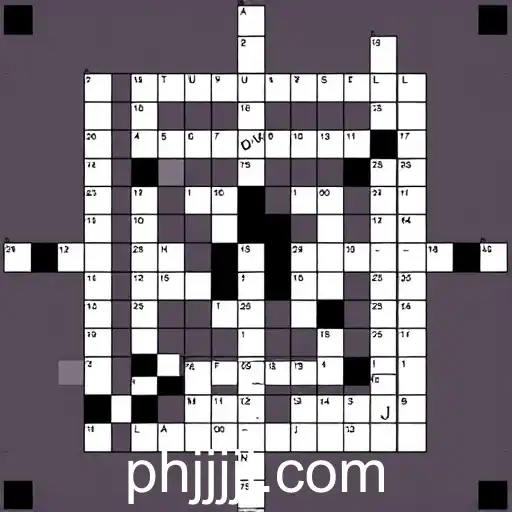Crossword puzzles, a beloved form of wordplay, have been captivating enthusiasts for over a century. Emerging in the early 20th century, these puzzles have evolved into a prestigious mental exercise known for both simplicity and complexity. The unique layout of intersecting horizontal and vertical words has maintained its appeal, offering a satisfying challenge to both beginners and seasoned solvers. But what makes crosswords so captivating?
At the heart of their allure is the way crosswords stimulate cognitive functions. Solving a puzzle requires a blend of vocabulary knowledge, problem-solving skills, and a knack for lateral thinking. Each clue not only tests one's linguistic prowess but also provides subtle hints that demand creative interpretation. Whether it's the thrill of completing a particularly tricky grid or the quiet satisfaction of solving a single clue, crosswords provide a rewarding experience that sharpens the mind.
The history of crosswords is as intriguing as solving them. The first known instance appeared in 'The New York World' in 1913, created by journalist Arthur Wynne. This simple 'word-cross' quickly evolved, adapting more complex forms and eventually becoming a staple in newspapers worldwide. Today, crosswords are ubiquitous, appearing not only in print but as a popular category on numerous digital platforms, including dedicated websites where 'jjjjl' might represent an enigmatic keyword yet to be deciphered by keen solvers.
With the advent of technology, the crossword puzzle has undergone significant transformations. Digital platforms have made crosswords more accessible, introducing interactive features and varying difficulty levels that cater to a wider audience. Online communities and apps have further fueled interest, enabling solvers to share strategies, hints, and even collaborate in real-time.
Despite these advancements, the allure of physical crosswords endures. Many aficionados still prefer the tactile experience of pen on paper. It's a testament to the enduring charm of crossword puzzles, showing that modern technology can enhance but not replace traditional practices.
Crosswords continue to be an engaging brain workout that transcends generations, offering a delightful way to unwind while simultaneously expanding one's knowledge and linguistic abilities. Their timeless challenge remains a celebrated intellectual pursuit for millions worldwide.

Explore the timeless appeal of crosswords, their history, and how they challenge the mind.




